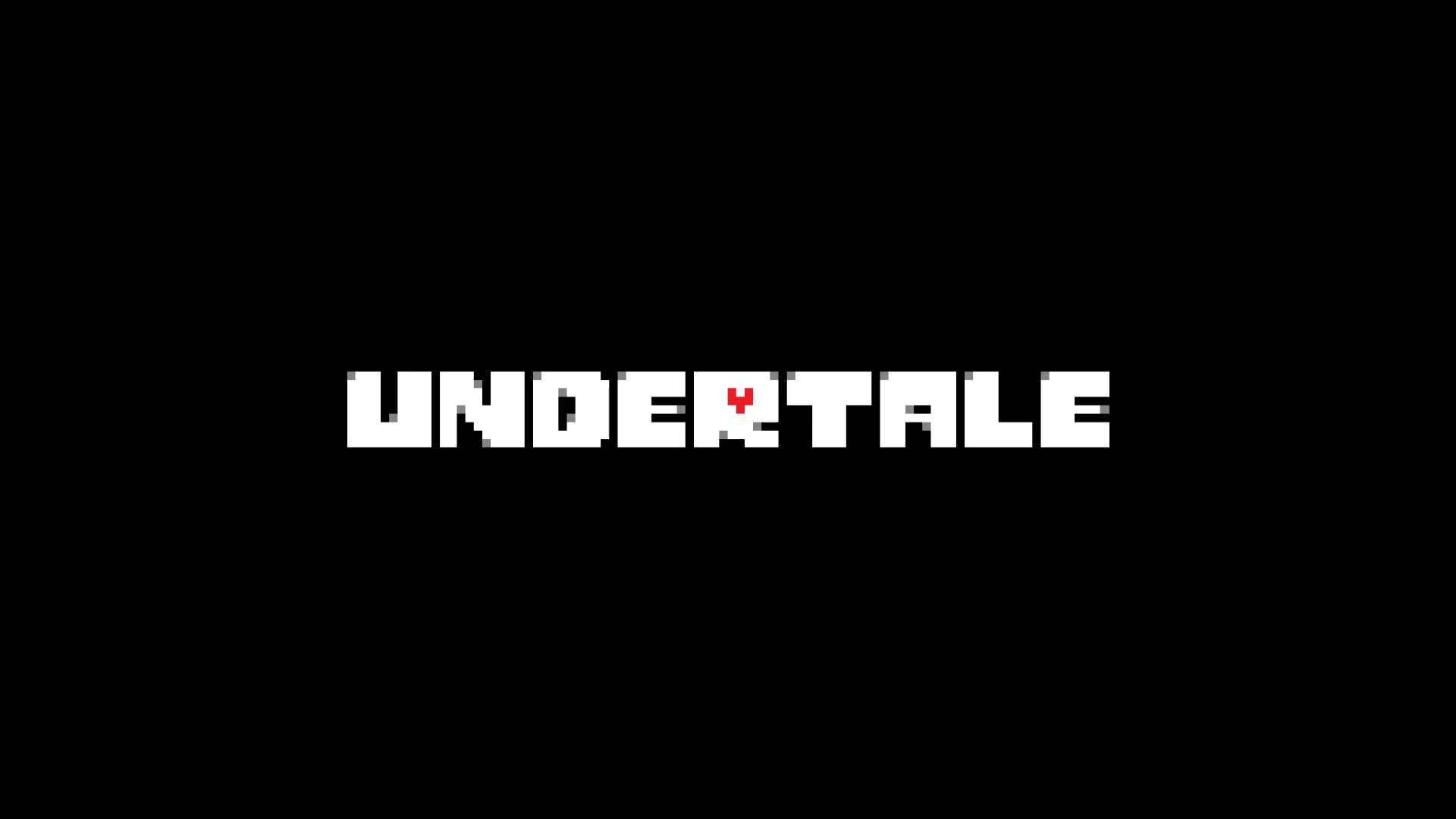
Create that page, cutting the content of the original section and pasting it into the new page. "The Matrix#Sequels" should be "The Matrix Reloaded"). If it's describing a totally different topic (not a derivative of the original), it should not be a subpage (e.g. The title should be recognizable for whatever the user is searching for, so "Naruto Uzumaki/Part II" should be well understood by those seeking that part of his narrative. If your community uses subpages, this may be a candidate for making a subpage. Decide on the appropriate page title, which applies to the section you are transplanting and only that section. Identify a section of information that can stand alone as an article, either because it is long and complete or describes an aside or subtopic. The result is shorter pages with less scrolling, but more intuitive understanding of the concepts the writers are trying to convey. If an author links, rather than embeds or adds more information about something that is extricable from the base page, they create a more understandable target for search engines (and humans). These subpages have a natural method to get back to the base article: they're linked from the top of the page! It's a good practice to have a base page that is complete, but not so detailed that it bores the reader by being too long. There's no problem with leaving behind a " CliffsNotes" summary of the essentials, and going into deep detail on another page. If a single section would make a good book chapter with an unambiguous title, it can usually safely be split off. In fact, Google understands that subpages have a distinct parent relationship with the base page. This is based on another misconception, having to do with Wikipedia disabling subpages in their main content space for technical reasons and many titles containing the "/" character. A community can choose to split sections off as subpages or not, though some think erroneously that subpages are bad. At the point where an author can encapsulate a long section of complete information, that's the point where they can split that section off and link to the split-off page. If a page meets the significance threshold of "Is this a page that needs to exist", and it's complete enough to not drive readers feeling they need to look elsewhere for the information they were seeking, and it links to and from other pages, then it's an acceptable length.Ĭonversely, long pages are only bad when the page contains too much information and the human reader's attention is overwhelmed. That page is complete, is not considered a stub, and while some might consider it short (or daresay too short), it's actually a perfect page for what it is describing. The classic example we use in the Best Practices Working Group is Aunt Barbara from "The Big Bang Theory". Short pages are not bad if they comprehensively cover all that we need to know to understand a page's concept. Short pages are only bad when they do not have all the information for the page's given topic, and readers have to go elsewhere to find it. Every day that a stub exists and remains incomplete is a day that bad experience persists. However, stubs do provide a bad experience because the readers and search engines that encounter them are left wanting more and an incomplete page (even if it is marked incomplete) has not been proven to "attract editors from the reader base to add to or expand the page" as was once assumed. Neither short nor long pages are inherently bad that itself is a bit of a myth. Whether that leaves behind a (complete) short page or a long page is not a question that concerns search engines, but instead is one of user experience. The ideal experience is to make stub pages as complete as possible as quickly as possible. Over time, some folks' idea of a stub has come to mean simply any short page, which is not particularly accurate. Per Wikipedia tradition, stubs are often marked with a template titled " Stub" at the top this does not provide explanation to new or potential editors as to what a stub is. Traditionally, a page known to be incomplete (particularly if it is a placeholder for known work) has been called a stub. What a community should avoid, from both a user experience and search engine standpoint, is incomplete pages. 

There's a big difference between building a space and maintaining a space. Reducing misconceptions about page length
1 Reducing misconceptions about page length.








